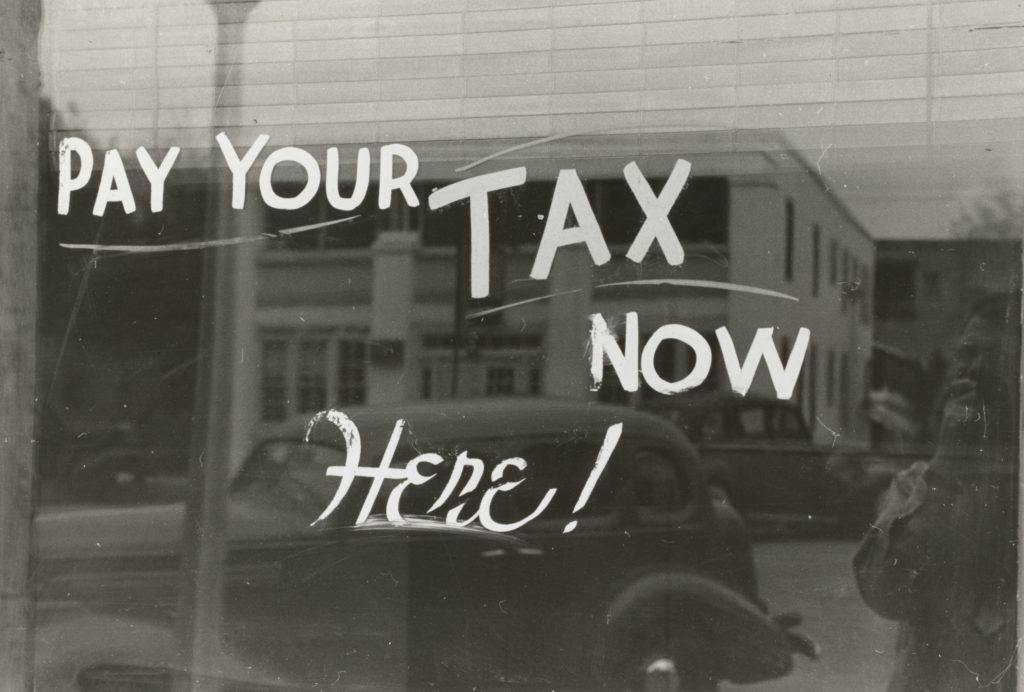
As the tax deadline for the 2019 filing year quickly approaches, many Americans who have lost income during the COVID-19 pandemic are in a difficult situation. Taxes are due on July 15, 2020, and the additional unemployment benefits are about to expire at the end of July. Many Americans fear if they pay all their taxes they will not be able to provide for their family.
Still File Your Taxes Even if You Can’t Pay in Full
Even if you cannot pay your taxes now, it is important that you still file or file for a tax extension. If you do not file your taxes, the penalty is 5% per month of your unpaid taxes versus if you do file your taxes with an installment agreement you only have to pay a 0.25% per month penalty of your unpaid taxes.
Tax Payment Options
The IRS offers a number of payment options that are explained in the Installment Agreement Request form. Although this may seem overwhelming, the key is to remain calm and consult a tax professional.
First Payment Option
The first is to pay the remaining balance in 120 days or less with no need to complete the form #9465. Because this method doesn’t require an installment agreement it does not involve an installment agreement set up fee. The 120-day one-time payment does require contact with the IRS but that is all that has to take place.
Second Payment Option
Another option is to file a form #9465 installment agreement request (or call to complete it on the phone with an IRS agent). The proposed payment term can be up to 72 months. Installment agreements have a one time set up fee of $105.00 and that can be reduced as low as $43.00. I am sorry but they did not tell me what the criteria for the reduction are for the $43.00, they will reduce it to $52.00 if the payments are set up as electronic funds transfers.
Third Payment Option
The third option is probably the least preferred and that would be not to contact them at all and to simply continue to send in payments without an “agreement”. The reason that it is the least preferred is because of interest rates. If there is NO agreement in effect the IRS will charge 3% per year on the unpaid balance until it is paid in full.
As long as there is an installment agreement in effect the IRS will charge .5% (half a percent) interest and .25% (quarter percent) penalty per month. In essence, having any payment agreement takes the rate from 3% to 3.75%.
Below is a detailed table of the different late payment fees.
| User Fee Category | Fee as of Jan. 1, 2017 | |
| Regular installment agreement 1 | $225 | |
| Regular installment agreement with direct debit (DDIA) 2 | $107 | |
| Low income installment agreement (regular or DDIA) | $43 | |
| Online payment agreement — regular installment agreement 3 | $149 | |
| Online payment agreement — Direct debit installment agreement (DDIA) 4 | $31 | |
| Restructured/reinstated installment agreement | $89 | |
| Restructured/reinstated low-income installment agreement (new fee) | $43 |
To learn more about how ITP Taxes can help, Contact us Today.
Sources: https://www.1040.com/blog/2019/3/22/help-i-can-t-pay-my-taxes/
